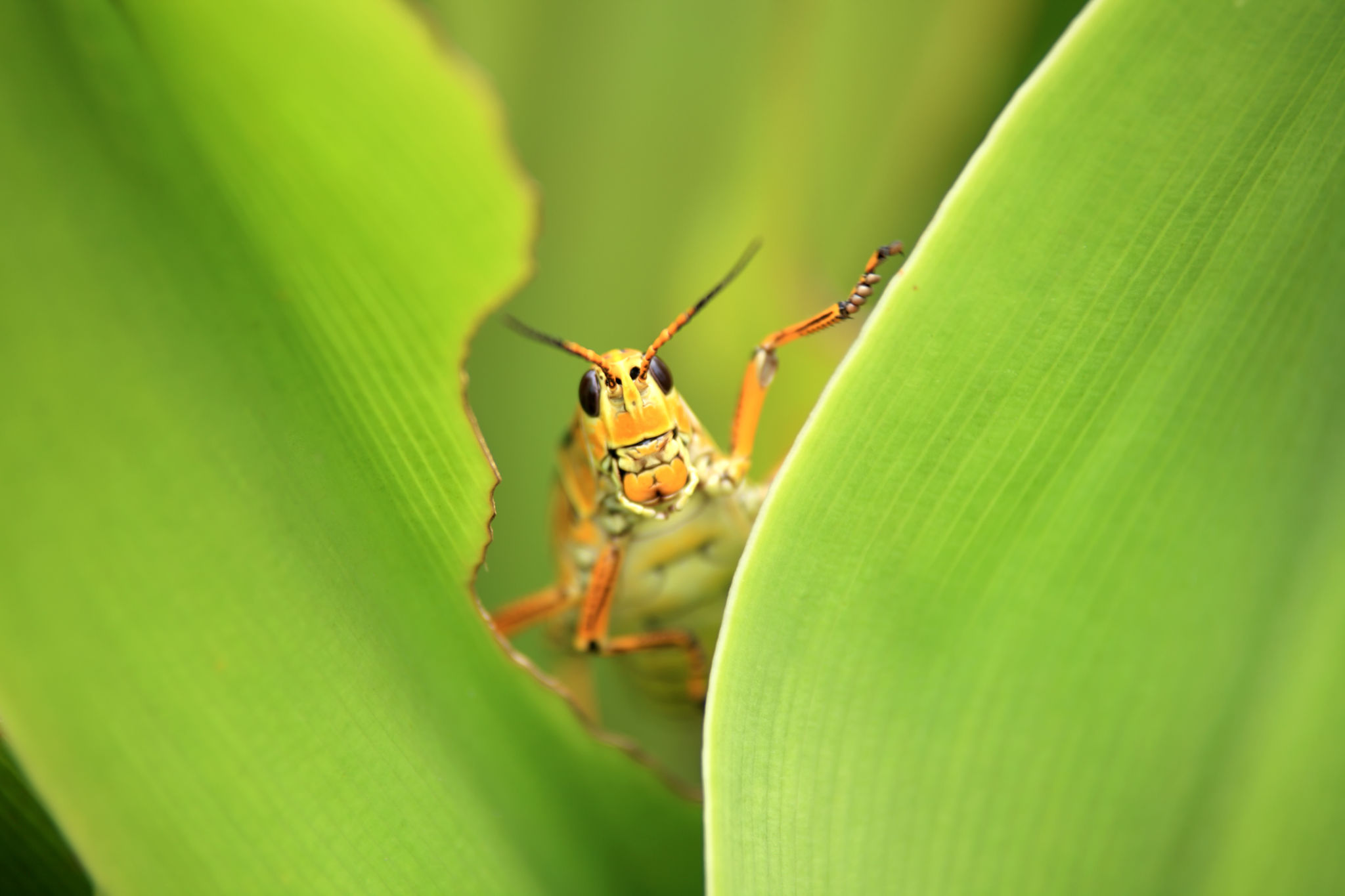Expert Tips for Year-Round Bermuda Grass Lawn Care
Understanding Bermuda Grass
Bermuda grass is a popular choice for lawns due to its hardy nature and vibrant green hue. This warm-season grass thrives in sunny environments and is known for its drought resistance. However, maintaining a lush Bermuda grass lawn requires consistent care throughout the year. By following expert tips, you can ensure your lawn remains healthy and attractive.

Spring: Preparing for Growth
As temperatures rise, Bermuda grass awakens from dormancy. Spring is the ideal time to stimulate growth by applying a balanced fertilizer. Choose one with a high nitrogen content to encourage lush green blades. It's also essential to mow regularly, maintaining a height of about 1 to 1.5 inches. This helps the grass develop a strong root system, preparing it for the summer heat.
In addition to fertilizing and mowing, consider aerating your lawn. Aeration improves soil compaction, allowing water and nutrients to penetrate more effectively. This process helps your Bermuda grass thrive as it enters the active growing season.
Summer: Managing Heat and Drought
During the scorching summer months, Bermuda grass requires careful attention to prevent stress from heat and drought. Watering deeply but infrequently encourages deep root growth, making your lawn more resilient. Aim to water early in the morning to minimize evaporation.

Regular mowing is crucial, but avoid cutting more than one-third of the grass blade in a single mow to reduce stress. Consider raising your mower blade slightly to provide more shade to the roots and soil. This conserves moisture, keeping your lawn healthy during hot spells.
Fall: Strengthening for Winter
Fall is a critical time for fortifying your Bermuda grass lawn against the winter months. Begin by lowering your mower height gradually to prepare for dormancy. This reduces disease risk and helps the lawn stay tidy during winter.

Apply a high-potassium fertilizer to promote root strength and disease resistance. Potassium helps Bermuda grass withstand cold temperatures, ensuring it bounces back robustly in spring.
Winter: Minimal Maintenance
In winter, Bermuda grass goes dormant, requiring minimal upkeep. Avoid heavy foot traffic on the lawn to prevent compaction. While watering is generally unnecessary, you may need to do so during extended dry spells.
If you notice any thatch buildup, consider dethatching in late winter or early spring before the growing season begins. This will ensure your lawn is ready for optimal growth as temperatures warm up.
Pest and Weed Control
Regularly monitor your Bermuda grass for signs of pests such as grubs or armyworms, which can damage your lawn. Apply appropriate pest control measures promptly when issues arise.

Weeds can also be a concern throughout the year. Pre-emergent herbicides applied in early spring and late summer help prevent weed seeds from germinating. Spot-treat any persistent weeds with post-emergent solutions.
Conclusion: Achieving a Healthy Lawn
By following these expert tips for year-round Bermuda grass lawn care, you can enjoy a vibrant and resilient lawn. Consistent attention to fertilizing, mowing, watering, and pest management ensures your Bermuda grass remains the envy of the neighborhood.